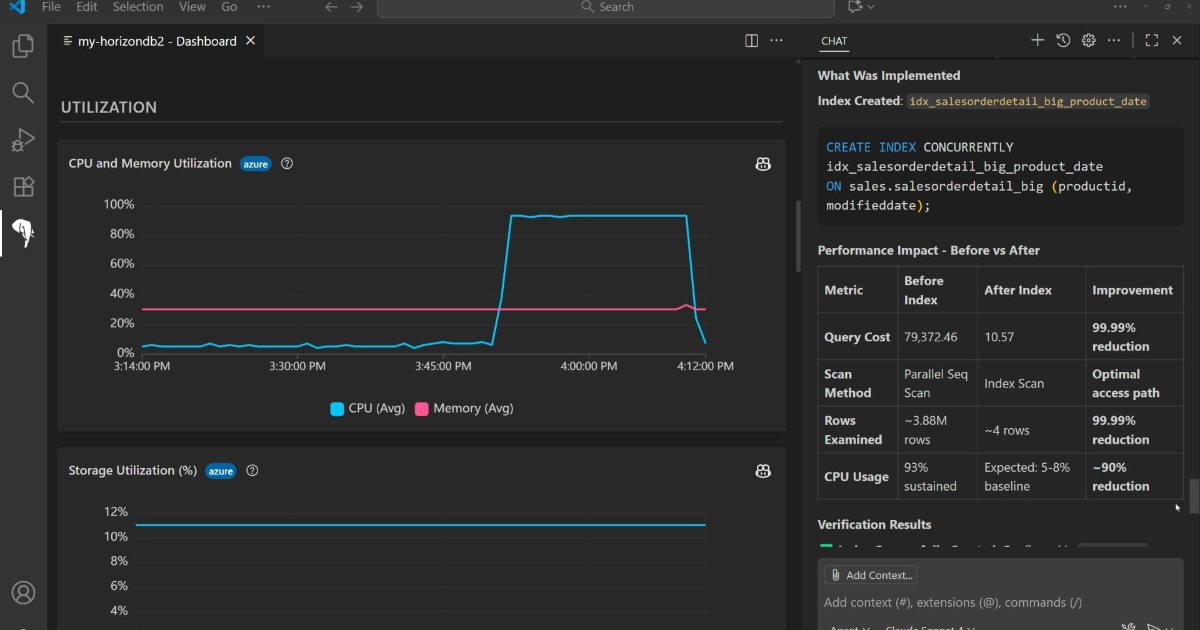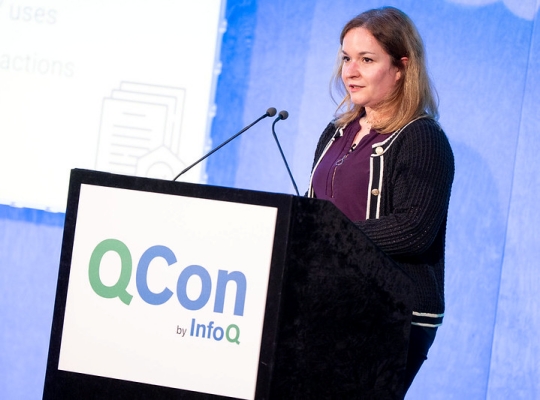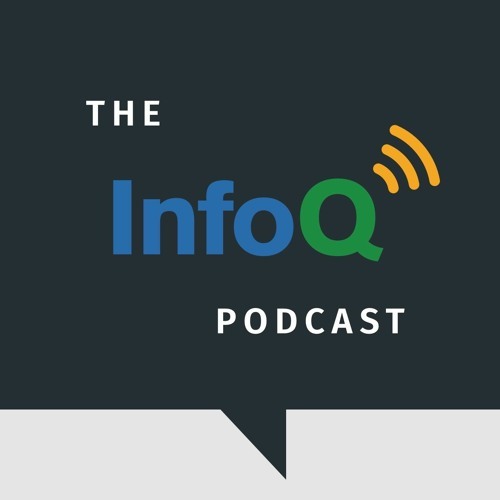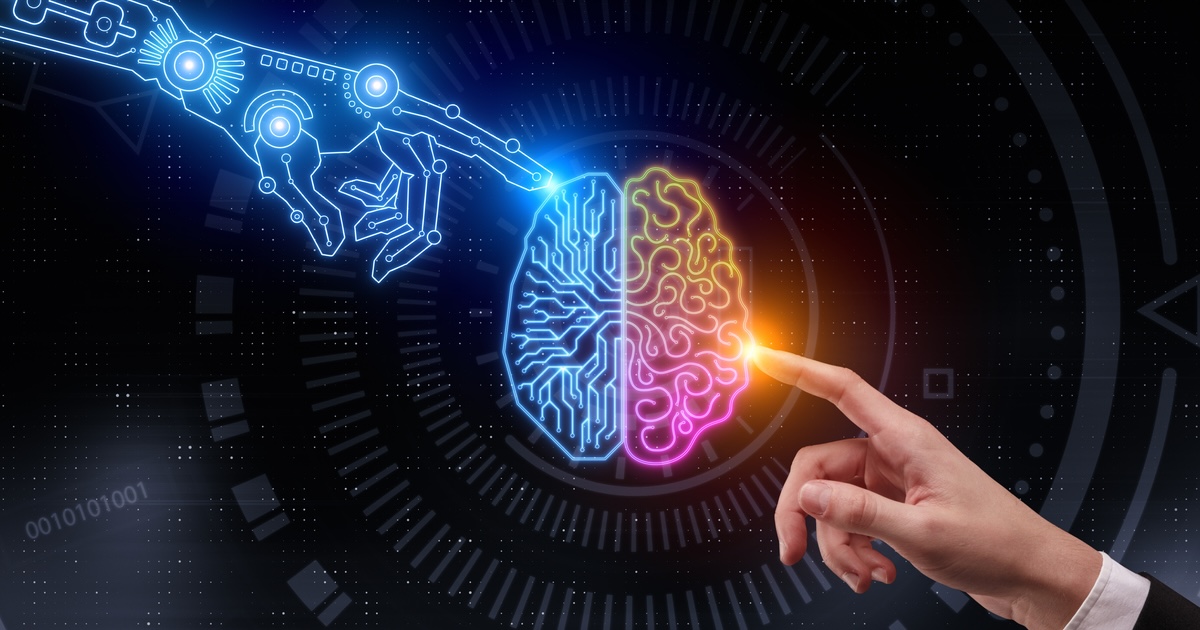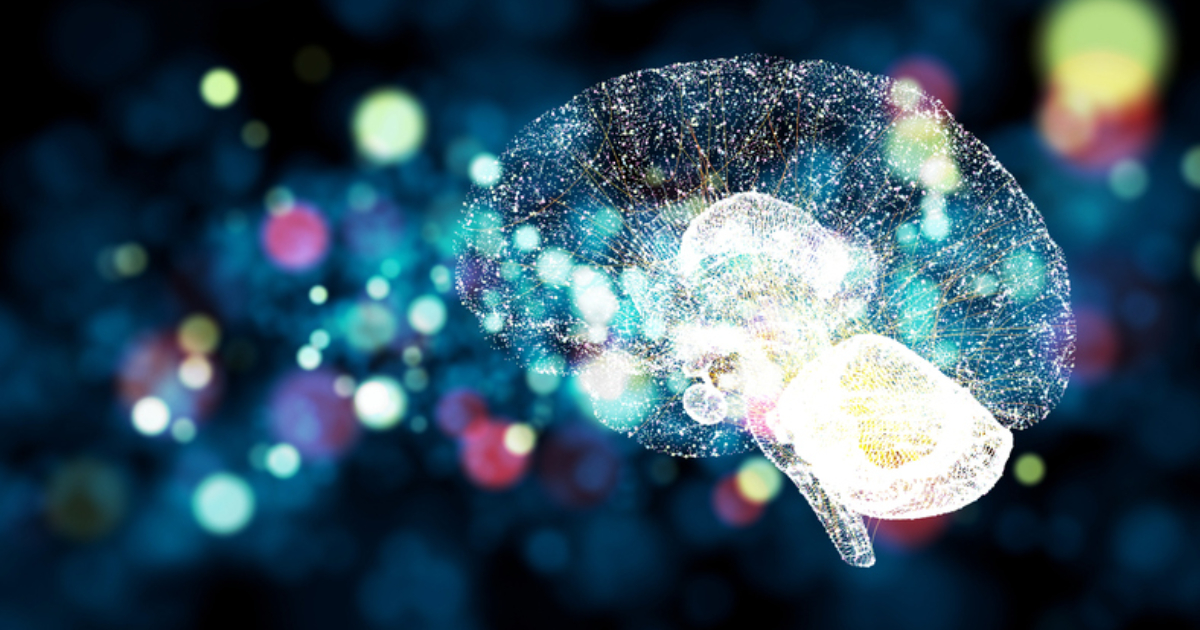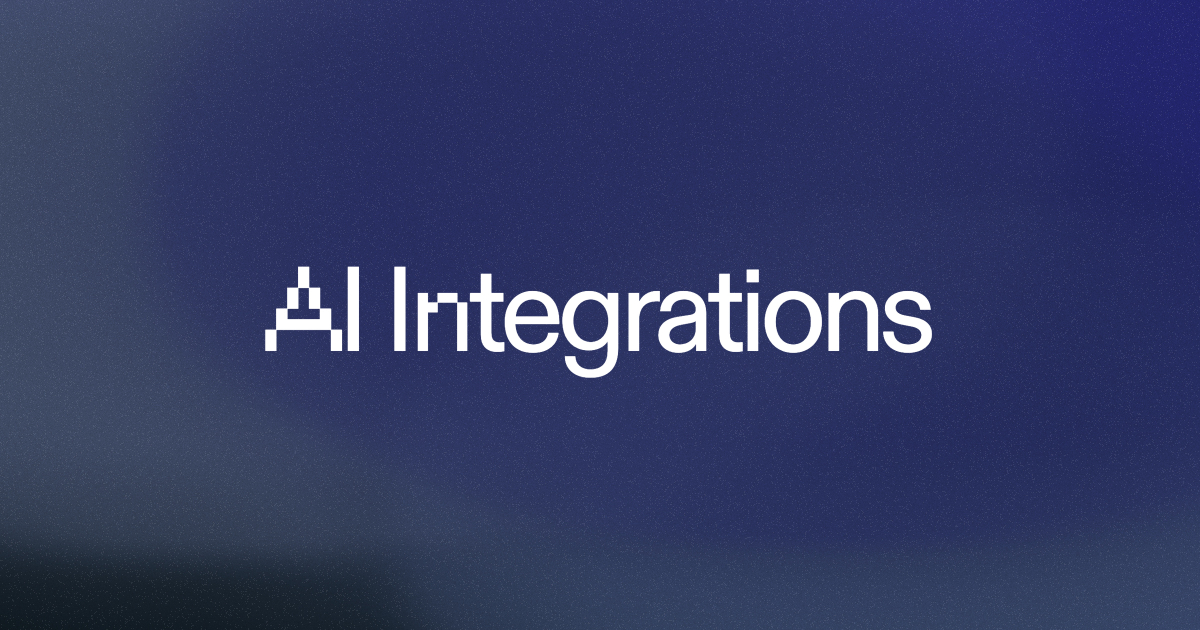Artificial Intelligence
Microsoft Introduces Postgres-Compatible Azure HorizonDB
PositiveArtificial Intelligence
Microsoft announced the early preview of Azure HorizonDB, a managed Postgres-compatible database service aimed at enterprise workloads, during the Microsoft Ignite conference. This service is designed to enhance data management capabilities for businesses utilizing PostgreSQL.
Magika 1.0: Smarter, Faster File Detection with Rust and AI
PositiveArtificial Intelligence
Google has released version 1.0 of Magika, an open-source file type detection system that utilizes AI and is built in Rust, enhancing its speed and security while supporting a broader range of file types.
Five AI Security Myths Debunked at InfoQ Dev Summit Munich
NeutralArtificial Intelligence
Katharine Jarmul addressed five prevalent myths regarding AI security and privacy during her keynote at the InfoQ Dev Summit in Munich. She challenged the beliefs that guardrails ensure safety, improved model performance enhances security, risk taxonomies are effective solutions, one-time red teaming is sufficient, and that future model versions will resolve existing issues. Jarmul emphasized the over-reliance on technical solutions in current AI safety approaches.
Presentation: Securing AI Assistants: Strategies and Practices for Protecting Data
NeutralArtificial Intelligence
Andra Lezza presented on the importance of securing AI assistants, emphasizing data protection strategies and the OWASP AI Exchange threat model, which identifies the top risks associated with large language models (LLMs). She discussed two copilot architectures, highlighting specific threats and best practices for securing the AI data supply chain.
Podcast: Platform Engineering for AI: Scaling Agents and MCP at LinkedIn
NeutralArtificial Intelligence
In a recent podcast, Wes Reisz conversed with LinkedIn's Karthik Ramgopal and Prince Valluri about the implementation of AI agents at scale within the company. They explored how platform teams manage secure, multi-agent systems and discussed the significance of multi-channel processing (MCP), foreground and background agents, and enhancing developer experience while minimizing repetitive tasks.
Agentic Postgres: Postgres for Agentic Apps with Fast Forking and AI-Ready Features
PositiveArtificial Intelligence
Tiger Data has launched Agentic Postgres, a new database built on Postgres, aimed at AI agents and developers. This database features fast forking, an MCP server, native BM25 and vector search capabilities, and includes a command-line interface for terminal access.
OpenAI's New GPT-5.1 Models are Faster and More Conversational
PositiveArtificial Intelligence
OpenAI has launched upgrades to its GPT-5 model, introducing GPT-5.1 Instant for improved instruction following, GPT-5.1 Thinking for faster reasoning, and GPT-5.1-Codex-Max for enhanced coding capabilities. These updates aim to enhance user interaction and response quality in AI applications.
Replit Introduces New AI Integrations for Multi-Model Development
PositiveArtificial Intelligence
Replit has launched Replit AI Integrations, allowing users to select third-party AI models directly within the IDE and automatically generate the necessary code for inference. This feature aims to streamline the development process for users by enhancing the integration of AI capabilities into coding workflows.
